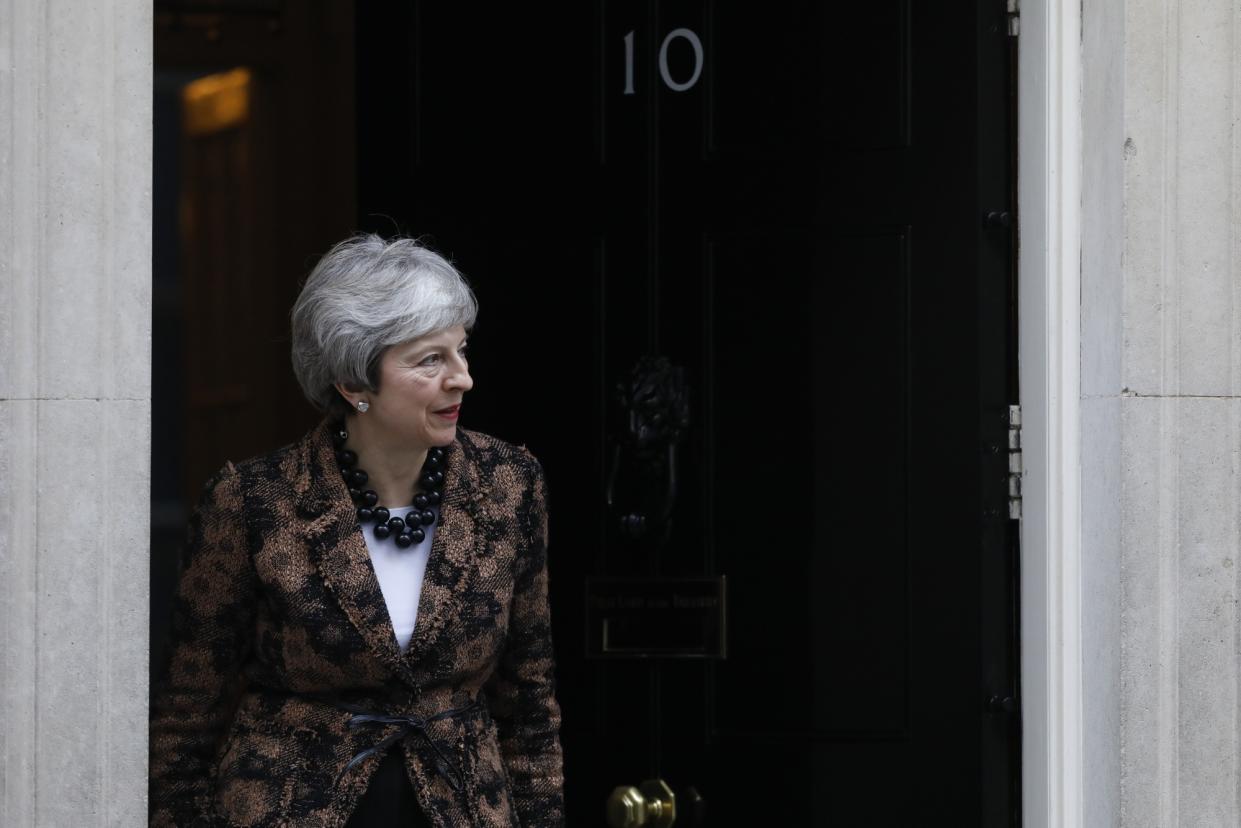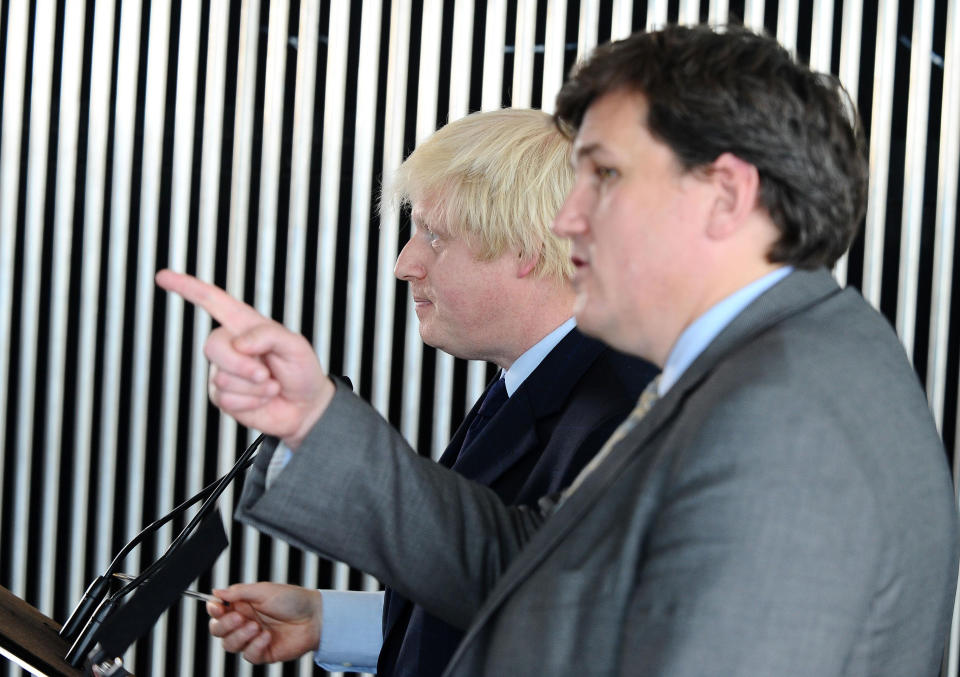What is Brexit 'Plan C'? Tory Remainers and hard Brexiteers team up in attempt to break deadlock

It’s D-Day once again for Theresa May and her Brexit deal.
On Tuesday night MPs will once more take part in a have their say on the Prime Minister’s Brexit plan, with votes expected that could force the Government to delay Brexit rather than leaving without a deal and another that demands an alternative to the contentious Irish backstop.
Now at the eleventh hour a third option – Plan C or the so-called Malthouse compromise – has emerged.

What is the Brexit Plan C?
In a remarkable move Remainers and hard Brexiteers have teamed up to thrash out a new approach to the Brexit deadlock.
The plan, dubbed ‘The Malthouse Compromise’ after MP Kit Malthouse, involves replacing the current Irish backstop – which is loathed by Brexiteers who claim it could trap the UK into being subject to EU rules forever.
It also involved paying the £39 billion ‘divorce bill’ and extending the transition period as far as December 2021.
This extra time is intended to agree a free-trade deal and finding a technological solution to the hard border between Ireland and Northern Ireland.
If no free trade agreement could be reached, the extra time could be used to prepare for trade on WTO terms, according to the plan’s masterminds.

Who is behind it?
The plan has been drawn up by Kit Malthouse, the Brexiteer housing minister, who has acted as “convenor” between arch-Eurosceptic Rees-Mogg and his European Research Group deputy Steve Baker, and Remainers including Nicky Morgan and Stephen Hammond.
Would it work?
According to the EU, no.
European officials quickly said the plan offered no certainty over avoiding a border on the island of Ireland and that it was not workable.
The EU’s deputy chief negotiator, Sabine Weyand, has previously said that the technology to avoid a border doesn’t exist.
Brussels has stated numerous times that the Irish backstop, which is part of the Withdrawal Agreement, cannot be renegotiated.
It has surfaced too late to go to a Commons vote today so it is unclear when, if at all, MPs could vote on it.

Are there alternatives?
A number of amendment bills will be put to MPs in the Commons later.
Dame Caroline Spelman’s amendment, possibly the most palatable to Government, has cross-party support and would see a no-deal blocked.
Less popular, a move from former Labour minister Yvette Cooper, supported by Tories such as Nick Boles, calls for a vote on a Bill that would give Parliament control over the Brexit process if Theresa May fails to secure a deal by February 26.
MPs would get a vote on extending Article 50 to the end of the year and preventing a no-deal exit under the terms of the Bill. The Labour frontbench has been publicly flirting with throwing its weight behind the amendment.
Dominic Grieve has backed a cross-party bid in a bid to prevent a no-deal Brexit, which would effectively wrest control of Commons business from the Government for six individual days in the run-up to the UK’s scheduled withdrawal date of March 29 with the intention of getting MPs to reach a consensus on how to handle it.

 Yahoo News
Yahoo News 
